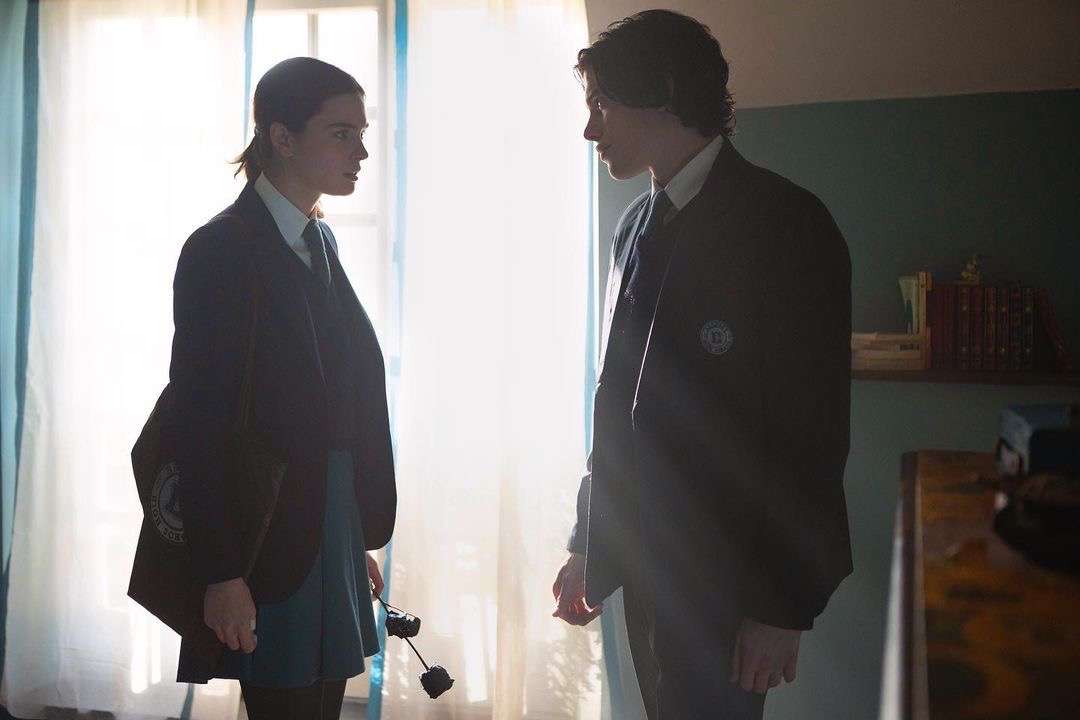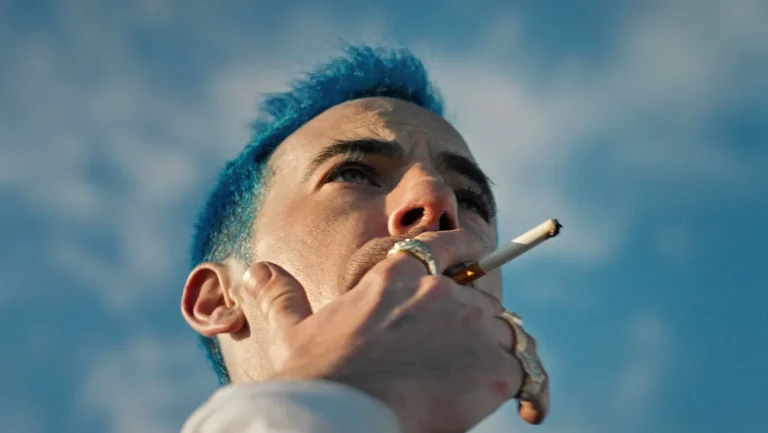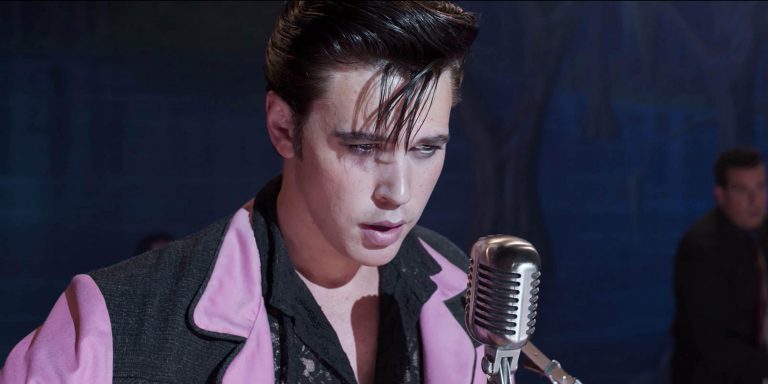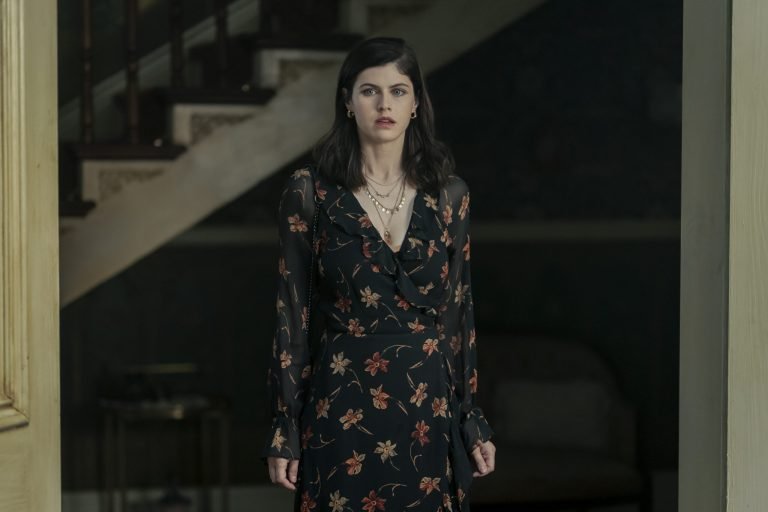Alessandro Genovesi’s film “The Tearsmith” is an adaptation of Erin Doom’s eponymous book. It is a quintessential young adult romance with a dark undercurrent. The two central characters are bruised by their past, which threatens to chew into every aspect of their present. They don’t feel entitled to experience happiness and abandonment.
Navigating and owning pure love is a frightening task for them which neither of the two is at ease with. Both have deep scars that define their existence and deny them a right to joy. The narrative charts their journey out of grim hopelessness toward a burst of healing and light. Despite their cynicism that repeatedly assures them of endless misery, they find a support system that allows them the confidence and conviction with which they rewrite their circumstances, embracing a positive outlook that is regenerative.
Genovesi relies heavily on the sexual tension between her two primary characters, which Biondo and Caterina Ferioli mercifully deliver in spades because the film otherwise skims low on potential and depth. There are needle drops randomly and ineffectively inserted that barely elevate a particular moment or scene. In its constant quest for melancholy and forbidden romance, the film keeps straying into unintentionally corny territory, ladling a barrage of voiceovers to underline every single apprehension of its characters and leaving nothing to stoke our imagination.
There’s a forcefully planted anxiety about incest that makes little sense as we are compelled to ponder its credence. Tantalizing tension can fully blaze through only when it has characters capable of wide-ranging complexity evoked through suggestion instead of a persistent expository thrust. This is why “The Tearsmith,” despite showing flashes of sexy, heated allure, never succeeds in capitalizing on that to develop into something more interesting and layered.
The Tearsmith (2024) Plot Summary & Movie Synopsis:
The film circles Nica (Caterina Ferioli), who finds herself in an orphanage, Sunny Creek after she loses her parents in a car accident. The orphanage is headed by Miss Margaret, who pushes tough supervision to its extreme limits. On arrival, all her belongings are taken away, and Margaret insists on a spirit of sharing. The hellish ways of life at the orphanage make those living in it refer to it as the ‘grave.’
It is a bleak place shorn of love and affection, where Margaret’s torturous methods of punishment ensure there’s rarely any scope for joy and tenderness to thrive on the premises. Nica prays to be rescued. Finally, at the age of seventeen, the eagerly awaited day comes when a family takes her in for adoption. However, another boy at the orphanage, the aloof Rigel (Simone Baldasseroni), catches the couple’s fancy, too. Nica is displeased that she will have to share her new life with Rigel, who is Margaret’s favorite and spared her brutality.
Anna and Norman Milligan are a loving, attentive couple who generously present their paternal instincts to Nica and Rigel. While Nica is most delighted to have found a home and a family, Rigel stays distant and reserved. Nica attempts to reach out to him, but he warns her to be as far from him as she can. She keeps trying to forge a connection despite his spurning. We can gauge, however, a frisson between them that both repress yet make their presence feel powerful.
Why do Nica and Rigel resist the pull of mutual attraction?

Both experience a conflict in the obvious attraction they feel for each other. Nica can’t help wondering if he is the wolf in the fairy tale that she fantasizes about. Rigel is head over heels in love with her. But holds himself back as he believes he, in all his ruggedness, might not be the person who can fulfill her idealized fantasies. At their new school, Nica is frequently hit on by Phelps, although he gets a lot of cues that something is already brewing between Nica and Rigel. Nica develops a small but loyal group of friends, one of whom happens to have romantic feelings for the other.
Rigel doesn’t tell her it was he who held her hands in the dark of the cellar at the orphanage where Margaret used to lock her up as a punishment. It was to be with her that he never chose any of the many families who wanted him. One night, while trying to soothe his bruises after he had returned from roughing up Phelps, the two lose all their inhibitions and give in to their passions.
At the school dance, a frustrated Phelps tries to force himself on an unwilling Nica, and Rigel rescues her. While fleeing from him on the road, the two leap off a bridge. Nica wakes up at the hospital where Anna and Norman inform her Rigel is comatose and they are incapable of intervening since Rigel had refused the adoption, returning guardianship rights to Margaret. A distraught and seething Margaret tells Nica she will ensure the two never get to be together.
The Tearsmith (2024) Movie Ending Explained:
Do Nica and Rigel End Up Together?
Nica gets to know that Peter from the orphanage is pressing charges against Margaret for abuse. But when the trial starts, Peter retracts his statement, succumbing to the immense intimidation Margaret had deployed in controlling the kids for so many years. Initially, Nica finds the act of testifying overwhelming, but with Anna’s fervent support and encouragement, she gives it another shot. She talks passionately of the justice Rigel deserves as well, as someone who was forced to watch all the torture but placed in a position where he was utterly helpless.
Rigel may have been Margaret’s favorite. However, he was denied a safe, loving, and cultivating atmosphere like any other kid in the orphanage. At her rousing speech on everyone deserving love and healing, there is a standing ovation that makes her feel she has been heard and validated at last. She rushes out of the court to be by Rigel’s side. As she tearfully tells him that they’d won the fight against Margaret, he emerges from the coma. The film ends with a vision of the future, where they are happily married with a kid. For both Nica and Rigel, the tearsmith was epitomized by the other, who shone a way out of the dark.








![The Blackout [1997]: The cost of fantasy revealed in this ‘90s masterpiece](https://79468c92.delivery.rocketcdn.me/wp-content/uploads/2016/08/the-blackout-4-768x433.jpg)